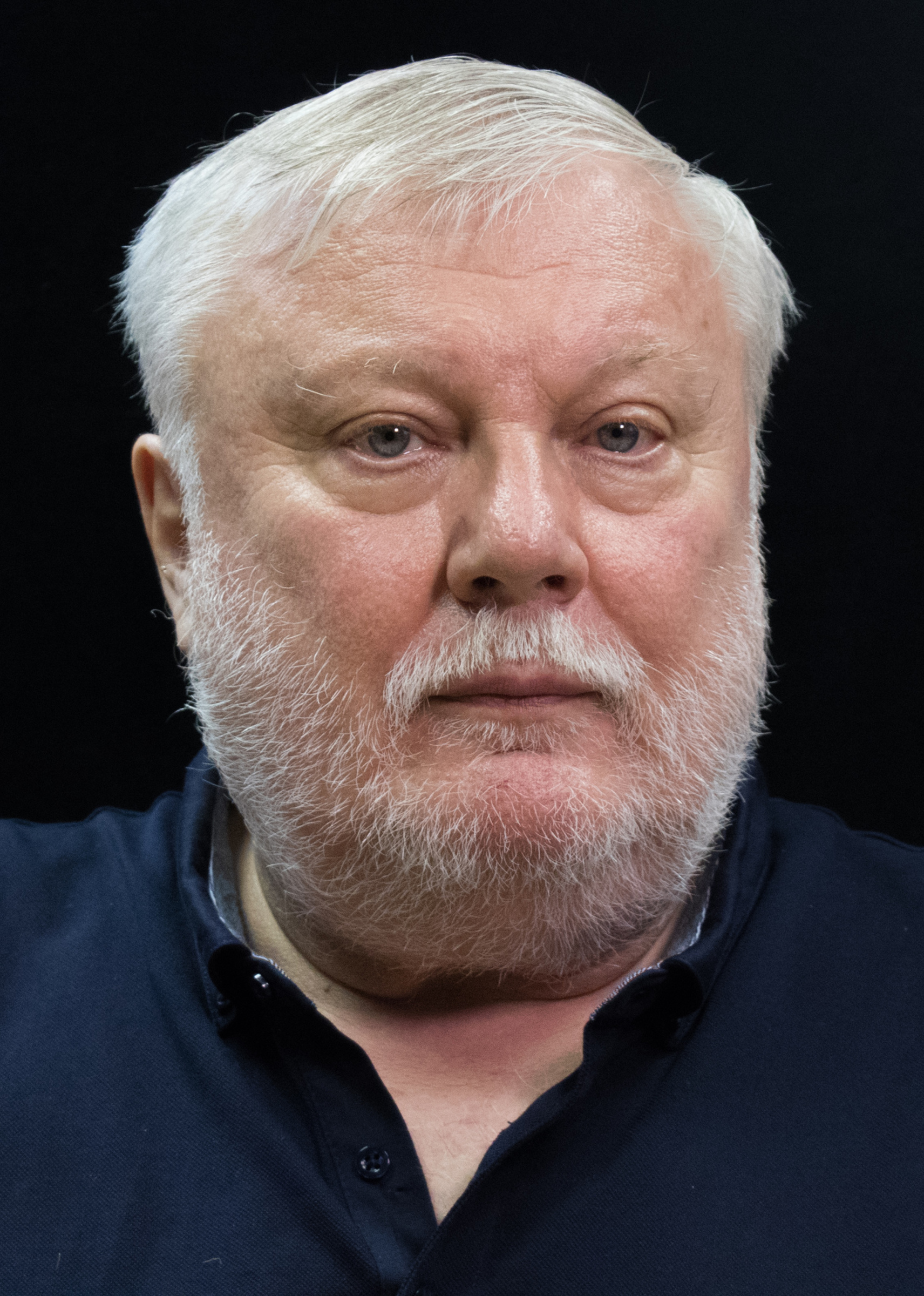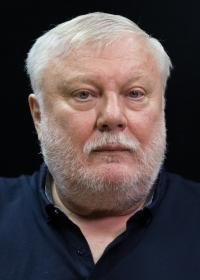Today, everyone imagines the movement Public Against Violence (VPN) was in its beginnings a hierarchically organized structure with elected chairman and bodies, but nothing like this existed at all

Stáhnout obrázek
Peter Zajac was born on February 3, 1946 in Bratislava. He graduated in Slovak and German language at the Comenius University. During his fourth year of study, in years 1967-68 he attended a foreign study stay in Tübingen in West Germany. After graduation in 1968, he worked as a literary reviewer and editor in Smena publishing house. Shortly after the normalization era began, in 1972 he was dismissed from this job and until 1980 he worked as a university teacher at the Faculty of Education in Nitra. Later he employed as an expert worker at the Institute of Literary Science in Bratislava. In 1989 he co-founded the movement Public Against Violence (VPN) in Bratislava and was actively involved in events of the Velvet Revolution. In 1990 he became the first president of the Slovak Centre of PEN International, the worldwide association of writers. During 1995 – 2001 he was a member and later also a vice-chairman of the Democratic Party. He was a Member of the Parliament in years 1998 – 2001 (SDK) and 2010 – 2012 (Most-Híd).
